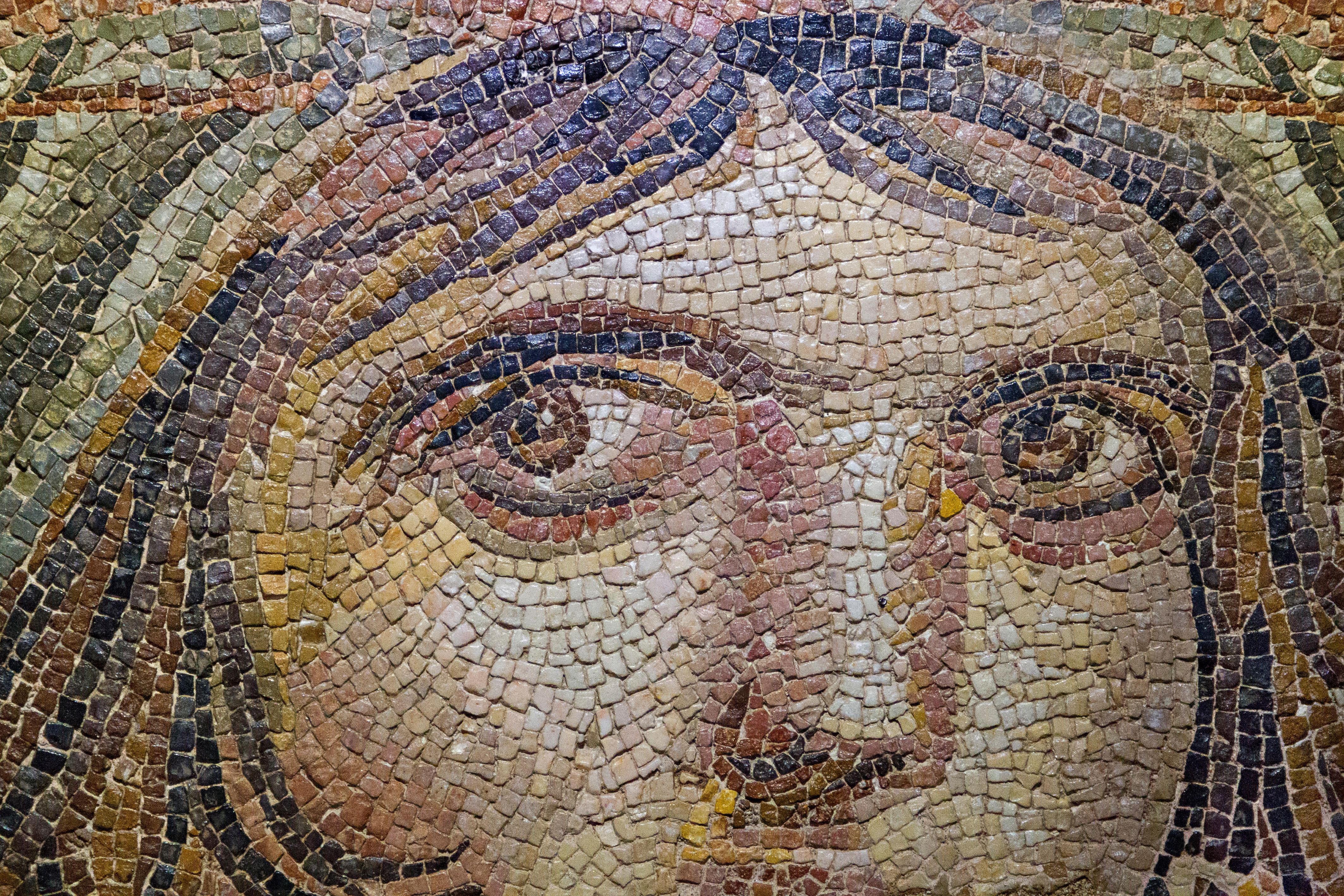America's Maenad moment
Now would be a good time for America to brush up on its Greek mythology


A free daily email with the biggest news stories of the day – and the best features from TheWeek.com
You are now subscribed
Your newsletter sign-up was successful
Now would be a good time for America to brush up on its Greek mythology.
A flip through The King Must Die, Mary Renault's exploration of the life of Theseus, would in particular be instructive. One of the great heroes of Greek lore, Theseus absconds with the beautiful Princess Ariadne — only to find himself witnessing nightmarish violence at her hands.
As Renault's tale goes, Theseus and Ariadne encounter an island in the Aegean Sea, where they are shown generous hospitality by the reigning queen. The island's king, however, is surprisingly young and passive. An evening of merriment eventually turns terrifying as Renault implies that the women of the island, including Ariadne, ritualistically pursue the king through a forest and tear him to shreds with their bare hands and teeth. Theseus discovers Ariadne, in particular, unconscious and clutching an unspecified male body part to her bloodied cheek.
The Week
Escape your echo chamber. Get the facts behind the news, plus analysis from multiple perspectives.

Sign up for The Week's Free Newsletters
From our morning news briefing to a weekly Good News Newsletter, get the best of The Week delivered directly to your inbox.
From our morning news briefing to a weekly Good News Newsletter, get the best of The Week delivered directly to your inbox.
Renault based her tale on the female Maenads, or "mad women," of Greek lore. And indeed, from the Maenads to modern feminism, women in male-dominated cultures have periodically bucked the patriarchy — with varying degrees of success.
Today, this righteous effort comes in the form of the #MeToo movement, which continues to prompt the domino fall of a shocking number of notable, powerful men. Given an increasingly safe platform to share their stories about gender-based power abuse, women (and some men, and folks of other genders) finally have an outlet for the anger and shame generated by those experiences. Not only that, but the sheer scale of the movement is forcing people who in the past might have ignored or denied such painful injustices to listen.
This is undeniably a good thing — but it also has the potential to be divisive and dangerous. And this is where the lessons of Greek mythology come in.
As accusations swirl like storm debris, there is potential for innocent people to be caught up in the damage, whether it's men who lie at wake at night wondering if a friendly hug offered in 1997 might cause them to lose their jobs and reputations, or women who are accused by other women of "complicity" because they were either honestly ignorant or too afraid to speak out when some of these things happened.
A free daily email with the biggest news stories of the day – and the best features from TheWeek.com
This is a time to be very careful of ourselves and each other. Powerful and complex emotions such as outrage and fear have a way of accelerating humans past the point of rationality and into a dystopian pattern of overreaction. This cathartic #MeToo movement could turn ugly for everybody if we don't approach it with empathy, sensitivity, and a deep appreciation of context.
Take just one example: In my home state of Hawaii, almost everyone greets everyone else with physical contact that could be anything from a brief hug to a kiss on the cheek to a prolonged forehead-to-forehead sharing of aloha. But in California (and a handful of other states), such a "Hawaiian Hello" could be called a crime. Some nascent consent laws impose a very strict and clear requirement of verbal consent to physical contact of any kind.
See the possibility for misunderstanding?
The #MeToo movement has shown incredible positive power, but it also worries me a little. So let's talk — and maybe even in person, rather than through a computer screen. And let's listen too. This is delicate stuff, and it warrants real-time interaction and the experience of sharing emotions, rather than just expressing our own. We can heal if we do it together.
Otherwise, we are back on the Maenads' metaphorical island, all of us bloodied and worse for the wear.
Leslie Turnbull is a Harvard-educated anthropologist with over 20 years' experience as a development officer and consultant. She cares for three children, two dogs, and one husband. When not sticking her nose into other peoples' business, she enjoys surfing, cooking, and writing (often bad) poetry.
-
 ‘Those rights don’t exist to protect criminals’
‘Those rights don’t exist to protect criminals’Instant Opinion Opinion, comment and editorials of the day
-
 Key Bangladesh election returns old guard to power
Key Bangladesh election returns old guard to powerSpeed Read The Bangladesh Nationalist Party claimed a decisive victory
-
 Judge blocks Hegseth from punishing Kelly over video
Judge blocks Hegseth from punishing Kelly over videoSpeed Read Defense Secretary Pete Hegseth pushed for the senator to be demoted over a video in which he reminds military officials they should refuse illegal orders
